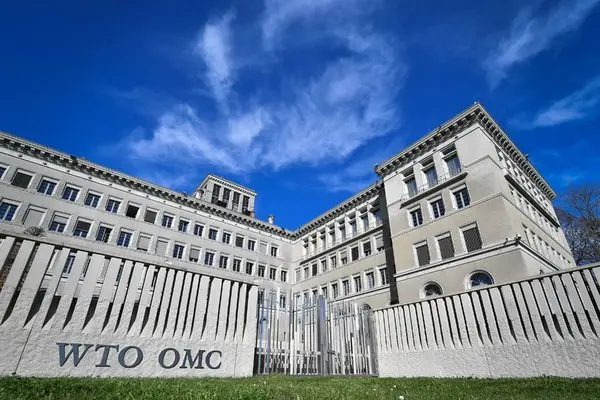The 13th Ministerial Conference (MCA 13) of the World Trade Organization (WTO) has recently made headlines with the announcement of new rules aimed at streamlining international trade in services. These regulations, implemented on a Most Favored Nation (MFN) basis, are designed to enhance transparency and accessibility in authorization processes, with a particular focus on promoting gender equality within the trade sphere.
However, despite the significance of these regulations, it’s worth noting that only 72 out of the WTO’s 164 members have become parties to the agreement. Notably, countries like India and South Africa have opted not to sign the agreement, raising questions about its universal acceptance and applicability.
Indian experts have voiced their reservations about the agreement, emphasizing the need for the WTO to prioritize core issues such as reforms within the organization, revitalizing the appellate body, and addressing concerns related to agricultural reforms. They argue that while efforts to simplify procedures in cross-border service trade are commendable, the WTO should concentrate on matters of broader interest to all its members rather than catering to the preferences of a select few.
Meanwhile, discussions at the MCA 13 have also touched upon pressing global challenges, including the urgent need to tackle plastic pollution and reform fossil fuel subsidies. Leaders convened at the meeting in Abu Dhabi have highlighted the detrimental environmental impact of plastic usage, citing its significant contribution to greenhouse gas emissions. With global trade in plastics surpassing $1.2 trillion in 2022, there is growing recognition of the imperative to reduce plastics pollution and promote environmentally sustainable practices.
The Plastics Pollution Dialogue, involving 78 participating members representing 85% of the global trade volume, aims to address these concerns by fostering collaboration and commitment to reducing plastic pollution. While India is notably absent from this group, the country has undertaken various initiatives to curb plastic usage, including implementing a ban on single-use plastics in 2022. As one of the top contributors to plastic waste globally, India’s efforts to address this issue are crucial in the broader fight against environmental degradation.
In addition to plastic pollution, discussions at the conference have also focused on the reform of fossil fuel subsidies (FFSR) as part of efforts to mitigate climate change. Total fossil fuel subsidies amounted to approximately $7 trillion in 2022, highlighting the significant financial and environmental implications of these subsidies. While the G20 countries have committed to reducing fossil fuel subsidies to promote energy security and climate protection, emerging economies like India face challenges in transitioning away from fossil fuels due to their reliance on them for energy needs.
India’s commitment to reaching net zero emissions by 2070, as pledged at the COP26 climate conference in Glasgow in 2021, underscores the country’s recognition of the importance of addressing climate change. However, achieving this goal will require concerted efforts to transition towards renewable energy sources and reduce dependence on fossil fuels.
While the new regulations announced at MCA 13 represent a step forward in streamlining international trade in services, their limited adoption underscores the challenges of achieving consensus within the WTO. Moreover, discussions on plastic pollution and fossil fuel subsidies highlight the interconnectedness of trade and environmental sustainability, emphasizing the need for collective action to address these pressing global issues.
